Speaking at the opening of the workshop, Permanent Deputy Minister of Culture, Sports and Tourism Le Hai Binh affirmed that cyberspace is having a huge impact on people's thoughts, feelings and perceptions. Children growing up are affected by cyberspace, the time parents spend talking and communicating with their children is not equal to the time they spend accessing information online. The impacts of cyberspace on people are not only in the present but also in the long term. The future generation of the country is very much related to cyberspace...
Along with the benefits and opportunities it brings, the online environment also poses many challenges. Among them, the increase of deviant and anti-cultural behaviors on social networks is negatively affecting the process of forming the personality, ethics and lifestyle of teenagers, causing many parents to worry. Given this reality, establishing standards of behavior in cyberspace has become more urgent than ever.
Also according to Permanent Deputy Minister Le Hai Binh, in addition to the current legal system, the Code of Conduct on Cyberspace, once issued, will be an important tool contributing to the formation of a healthy and civilized cyber environment - where good and humane values are widely spread.
Alternate member of the Party Central Committee, Permanent Deputy Minister of Culture, Sports and Tourism Le Hai Binh delivered the opening speech at the Workshop. Photo: Xuan Truong
Deputy Director of the Department of Radio, Television and Electronic Information Nguyen Thi Thanh Huyen said that this is the second draft, completed on the basis of comments from ministries, branches, localities, platforms, service providers, press agencies, and businesses. 59 units have submitted written comments, of which 45 units agreed, 14 units have additional suggestions, mainly focusing on major contents and have been accepted by the Ministry of Culture, Sports and Tourism.
The Code of Conduct for Cultural Conduct in Cyberspace consists of 3 chapters and 11 articles, aiming to regulate the behavior of individuals and organizations when participating in activities in cyberspace. Subjects of application include: Individuals; agencies, organizations, enterprises; organizations and enterprises providing social network services and digital platforms domestically and internationally; internet service providers; press agencies, radio and television stations, media and advertising companies, and performing arts organizations. Notably, the draft introduces the concept of influencers in cyberspace and the scope of regulation and adds provisions for media and press companies.
Currently, Vietnam has about 78 million social network accounts, but mainly accounts on foreign social network platforms provided to Vietnam such as Facebook, TikTok and YouTube. According to statistical reports as of January 2025, the total number of regularly used user accounts of the top 20 largest domestic social networks is about 110 million, Facebook and YouTube are 138.5 million.
Along with the explosion of users and services, the Party and State's policies and decisions play a key role in orienting the development of cyberspace. The Politburo and the Secretariat have put forward many major orientations to build e-Government, digital government, digital economy and digital society.
The Government has also implemented the National Digital Transformation Strategy, identifying digital transformation as a new driving force for the country’s development. In addition, Vietnamese enterprises, especially technology startups, are growing rapidly, not only dominating the domestic market but also gradually entering the international market.
In the past, when mentioning cyberspace, most people often only thought of social networking platforms such as Facebook, TikTok, YouTube or Zalo. However, the current reality shows that cyberspace has expanded and covered more areas, making practical contributions to the country's development.
The rapid development of these digital platforms and applications has created a diverse competitive environment, both providing opportunities to access advanced technology and posing challenges for domestic enterprises in maintaining market share and protecting Vietnam's digital cultural identity.
According to the Department of Radio, Television and Electronic Information, during the process of drafting the draft, the Ministry sent a dispatch asking for opinions from 59 units including the Ministry of Public Security, Ministry of Justice, Government Office , Hanoi Department of Culture and Sports, Ho Chi Minh City Department of Culture and Sports...
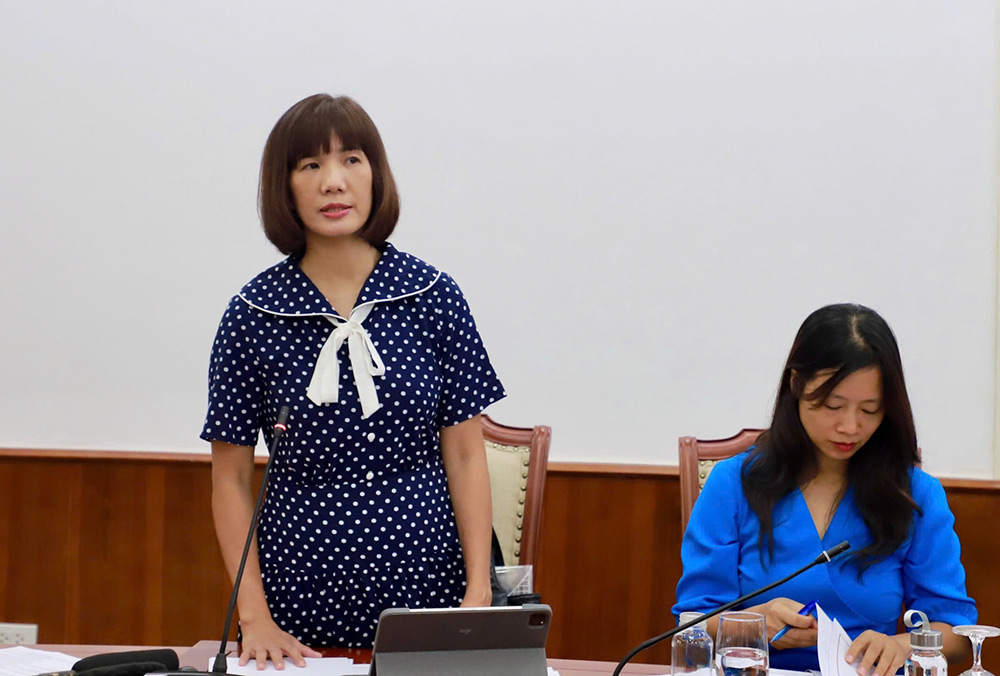
Deputy Director of the Department of Radio, Television and Electronic Information Nguyen Thi Thanh Huyen informed about the draft Code of Conduct. Photo: Xuan Truong
As a result, 45 units agreed in full, 14 units gave detailed comments on some contents such as: Separating the subject groups regulated by press agencies; media and advertising companies, performing arts organizations; Adding provisions on word interpretation; Removing provisions on rewards and discipline in the draft Code of Conduct; Adding mechanisms and procedures for scanning, detecting and handling violations of fraud or false advertising; Clarifying specific responsibilities of relevant organizations and agencies.
The second draft of the Code of Conduct for Cultural Conduct in Cyberspace consists of 3 chapters and 11 articles guiding civilized behavior, building a healthy cyberspace and enhancing the responsibility of individuals, cyber influencers (KOLs, KOCs) and businesses.
The representative of the Ministry of Public Security affirmed that the promulgation of the Code of Conduct is very necessary, contributing significantly to the fight against and handling of violations, and building a civilized and healthy network environment.
Notably, this is the first time that groups of KOLs, KOCs, multi-channel network companies (MCNs), multimedia communication enterprises... have been recorded in a document with a legal basis. From there, it creates a premise to mobilize these forces to participate in spreading the State's policies and guidelines.
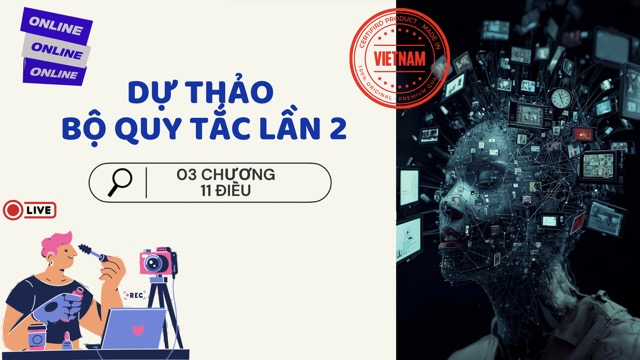
The Code of Conduct for Cultural Conduct in Cyberspace, once issued, will be an important tool contributing to the formation of a healthy and civilized cyber environment. Photo: Department of Broadcasting and Electronic Information
Representatives of businesses such as Yeah1, Metub, Meta and TikTok all expressed high consensus with the draft.
The units said they are ready to coordinate training and thoroughly educate KOLs on compliance with the Code of Conduct, build a transparent cooperation mechanism, and propose adding specific examples in a number of articles in the Code of Conduct to make it easier for users to understand and implement.
Mr. Nguyen Lam Thanh, representative of TikTok Vietnam, said that putting the Code of Conduct in cyberspace into practice needs to be implemented flexibly, in accordance with the characteristics of the digital environment.
Mr. Pham Anh Thi - Yeah1 Group, proposed that influencers should be separated into a separate group in the Code of Conduct on Cyberspace, instead of being grouped with individuals, because they have the ability to orient public opinion on a large scale.
From there, build a more transparent and fair "restricted cooperation" mechanism for influencers who violate the Code, from which businesses can proactively comply.
Vietnam.vn


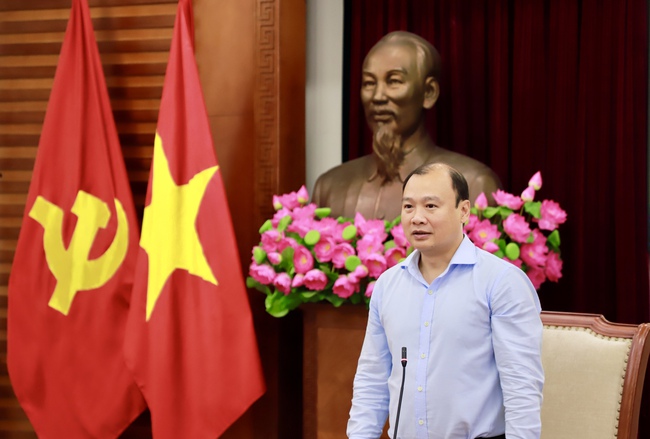




![[Photo] General Secretary To Lam receives the Director of the Academy of Public Administration and National Economy under the President of the Russian Federation](/_next/image?url=https%3A%2F%2Fvphoto.vietnam.vn%2Fthumb%2F1200x675%2Fvietnam%2Fresource%2FIMAGE%2F2025%2F12%2F08%2F1765200203892_a1-bnd-0933-4198-jpg.webp&w=3840&q=75)



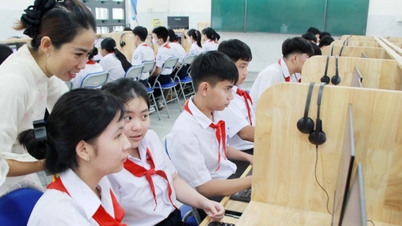





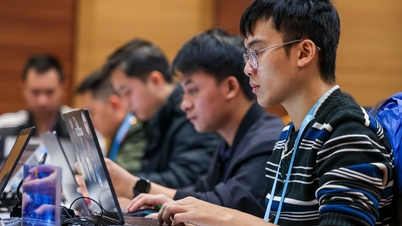

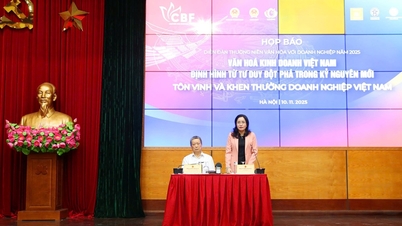
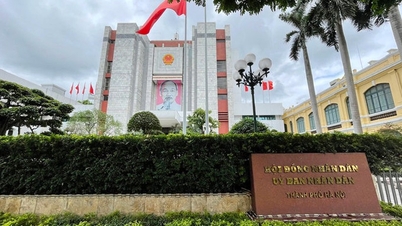

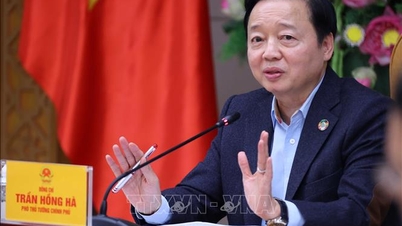
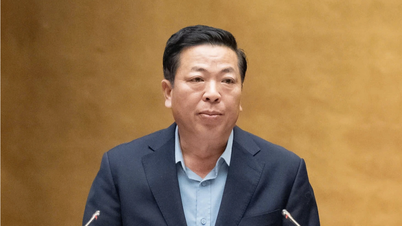

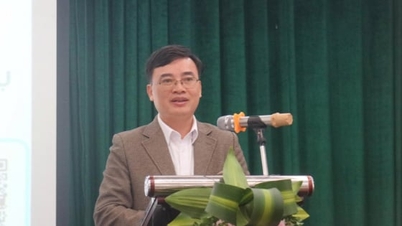

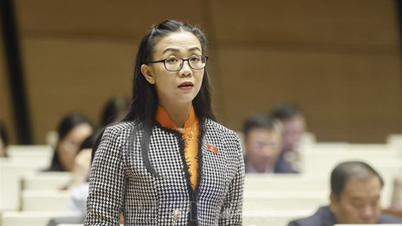





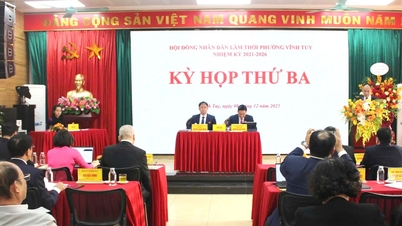
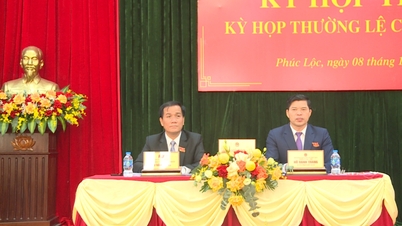
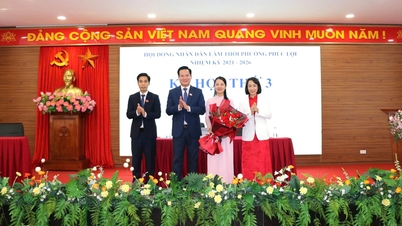
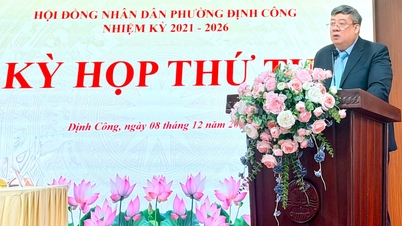
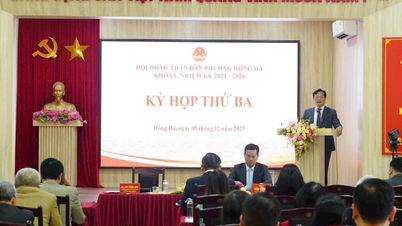
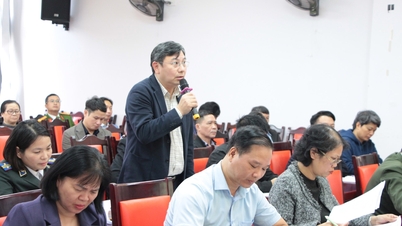






















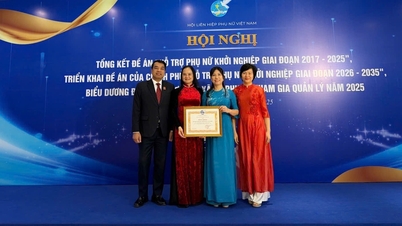













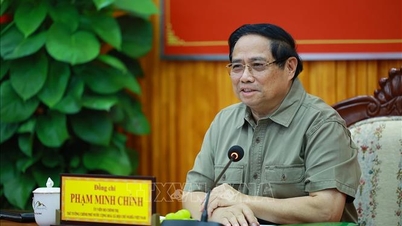
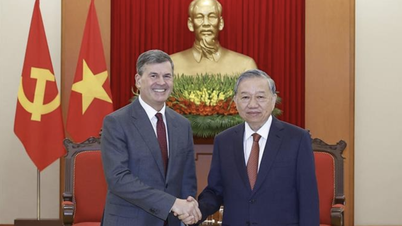


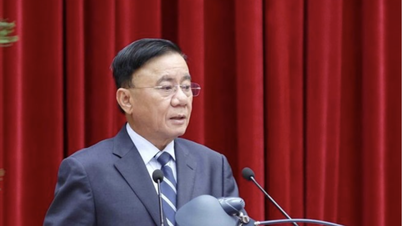


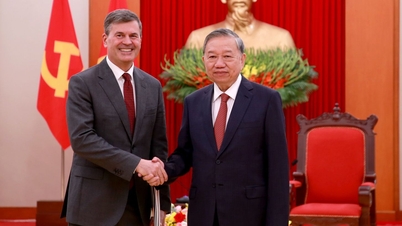



























Comment (0)